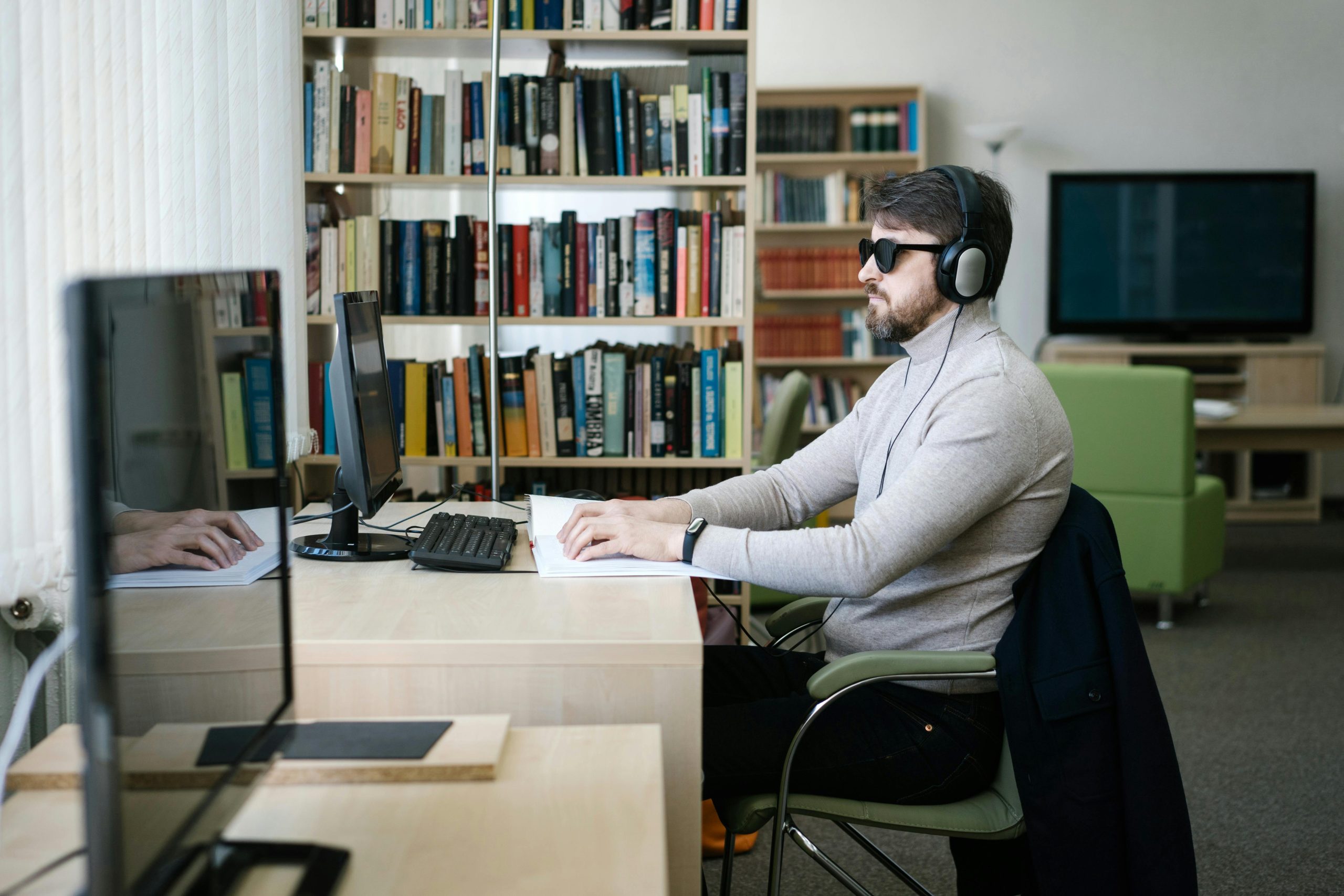A Shocking AI Insight That Everyone’s Overlooking
The Hidden Cost of AI: Losing Our Capacity for Deep Creativity
In today’s digital age, artificial intelligence is transforming the way we live and work. While much discussion centers around job displacement and technological advancements, there’s a subtle but profound change happening—one that may impact our very ability to think creatively.
Have you ever stopped to wonder when was the last time you experienced genuine, profound boredom? That state where your mind wanders freely, unprompted by any stimulation? Chances are, it’s been a while. This is because, in the era of smartphones and instant entertainment, boredom has become a rarity. Instead of sitting with our thoughts, we instinctively reach for our devices, and now, with AI algorithms ready to entertain us instantly, it’s easier than ever to avoid the quiet moments that spark innovation.
Here’s a thought-provoking truth: Boredom is a catalyst for creativity. Throughout history, the greatest breakthroughs and artistic masterpieces have often emerged during moments of solitude and boredom. Albert Einstein famously developed his theory of relativity during long walks, J.K. Rowling conceived the idea for Harry Potter on a delayed train, and Darwin’s most profound insights originated during contemplative walks in nature. These moments of stillness and boredom gave their minds the space to explore, connect ideas, and invent new concepts.
While I don’t claim to be a genius like Einstein or Rowling, I can attest that some of my best ideas come when I allow my mind to wander without distraction.
Human evolution has always relied on our ability to handle boredom as a stepping stone toward imagination and innovation. The need to think deeply and create has been intrinsic to what makes us human. Yet, AI acts as an all-consuming entertainment hub—endlessly patient, infinitely creative, available around the clock—reducing the chances for our brains to follow the natural path of curiosity and reflection.
This presents a paradox: AI, trained on human creativity, is born from the very moments of boredom that fostered that creativity. But if we eliminate boredom altogether, what remains? Will our capacity to generate original ideas diminish? More importantly, what happens to AI systems that learn from human innovation if we stop engaging in the process that fuels that innovation?
We may be unknowingly heading toward a future where the most creative species on Earth becomes dependent on external stimulation, losing the neural pathways that lead to true insight.
The danger lies in how seamlessly we’re integrating these tools into our lives right














Post Comment